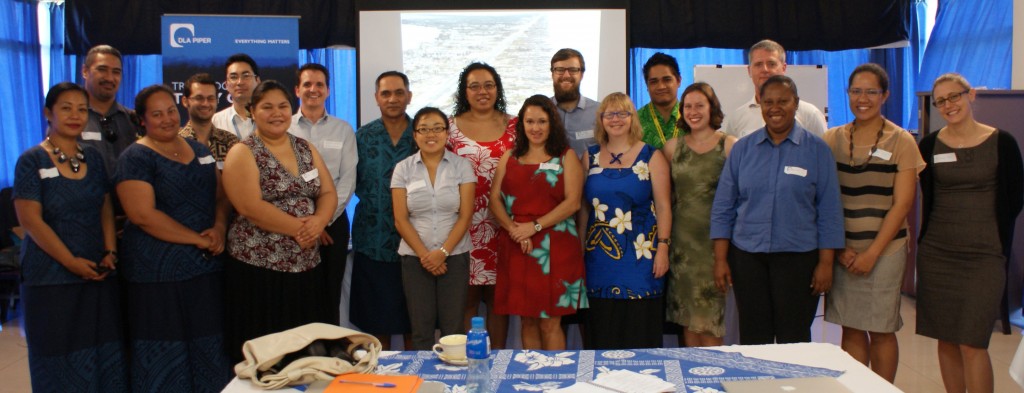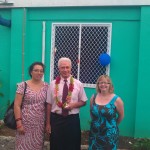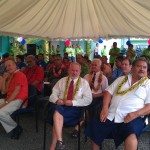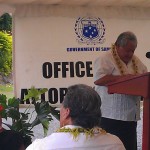Location: Mobile, Alabama
Conference Date: March 27-29, 2014
Deadline for Proposals: October 15, 2013
The past several decades have seen an explosion of scholarly interest in
the subject of war and gender. At the same time, the study of collective or
cultural memory, especially in connection with armed conflict, has become a
veritable cottage industry. This conference seeks to bring these two areas
of intensive study into dialogue with each other, exploring the complex
ways in which gender shapes war memory and war memory shapes gender.
Comprised of a select number of presentations (so that all participants
will be able to hear every paper), together with a keynote address by
Professor Jennifer Haytock (SUNY-Brockport) and a panel discussion
featuring women military veterans, the conference will address multiple
conflicts and nationalities from the perspectives of multiple disciplines. Continue reading




